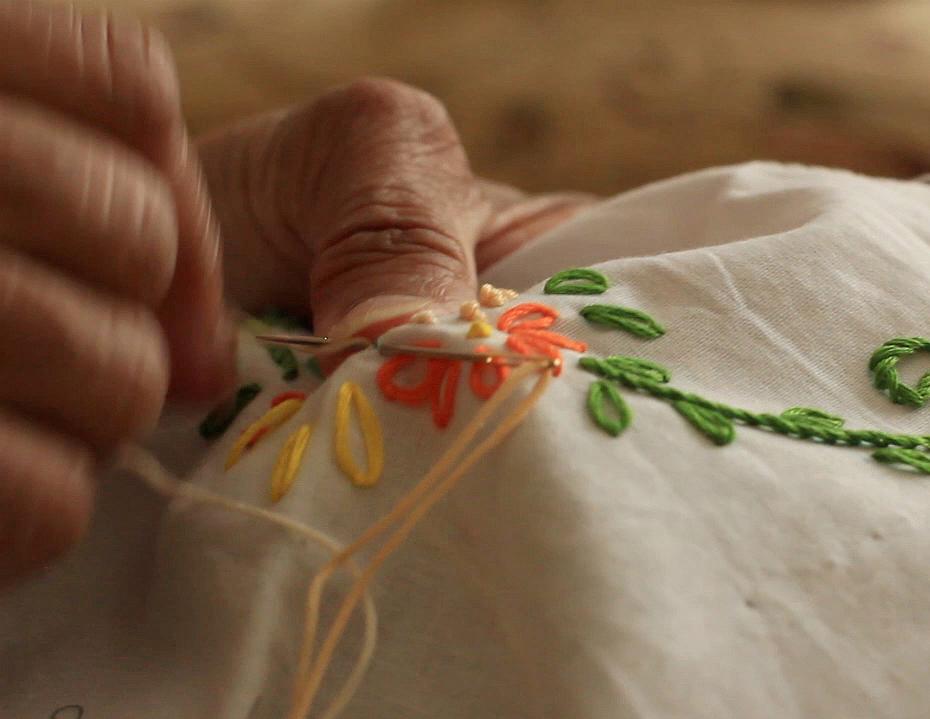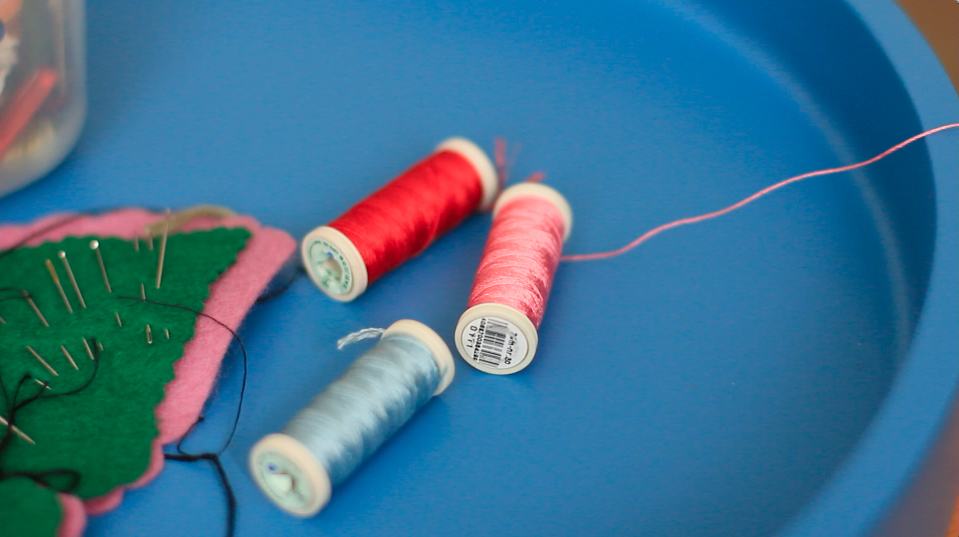
Creating well-making spaces builds our resilience, disperses anxiety and helps us to find ways of coping with unexpected situations such as the Coronavirus lockdown.
As a carer, my mother was diagnosed 6 years ago with Alzheimer’s, being confined to home and feeling isolated is not an unfamiliar experience. Over the years of being a carer I have learnt that finding breathing space (mentally and physically) is important, because it can be challenging when the person you are looking after is dependent on you for: their routine, a sense of security, and constant reassurance in a the world that is becoming increasingly unfamiliar and unsettling for them. Being the sole emotional anchor for the person you care for, there are days, weeks, months, years when the responsibility of being a carer weighs heavy.
Coping with stress is an expertise that I hadn’t necessary set out to achieve but, as a carer, I have become skilled with negotiating stress and adapting to unexpected situations; a valuable life-skill that I appreciate.
This is why I enjoy creating a well-making space in my mother’s home where both my mother and I can breathe, de-stress, and attend to self-care through acts of creativity.
Seventy-five per cent of the time, my mother’s living room is a living room, but when I turn off the TV and transfer the contents of a sewing kit onto a small blue wooden tray; this is done with transformation in mind. These, now well-rehearsed, actions signal that the living room is (temporarily) a well-making space.

I sit next to her and continue with my needlework project, and she continues with hers. These crafting moments might be short in length, but it gives us space to do something we both enjoy and to exercise a skill that we each learnt in childhood. These crafting moments are a form of social interaction that are not dependent on reminiscence conversation, something that my mother struggles with now. The value of these moments come from being in the ‘here and now’ through expressions of creativity.
In the book titled Key Concepts in Geography, the geographer Nigel Thrift writes about space in a relational context, arguing that space is a product of activity that takes place in it, and that ‘rhythms of being’ establish and reaffirm spaces into places where people can thrive.
For me, my mother, and many others, crafting is an invitation to slow down; to breathe slowly, evenly, focusing attention on something tangible and meaningful.
Finding ways of creating well-making spaces and being creative, whether it’s in our home or online, can help us connect with others, objects, and ourselves. The active physical engagement of crafting awakens cognition and connections, and such moments of haptic experience are important in nurturing us in these unsettling times.
Ref: Thrift, Nigel. (2003) Space: the fundamental stuff of geography. Key concepts in geography, 2, 85-96.
More about Mah…
Mah is a researcher, artist & maker, filmmaker, writer and curator based in London. She has over 20 years’ experience lecturing on UG and PG courses in the UK and internationally, and over 30 years exhibiting internationally with her creative practice.
She is currently working on a PhD in Psychology at Birkbeck College, investigating the lived experience of participatory craft intervention in home-based dementia-care and speaks at conferences, covering issues across art, craft, design, health and wellbeing.
As well as being a LENS champion for London, Mah is a fellow of the Royal Society of Arts, a member of the Critical Dementia Network, a member of the Stitching Together network, a member of Dementia, Narrative and Culture Network, and an ambassador for Dementia Carers Count.
Find out more about Mah's work at the It's Nice to Make project website or watch her film, One Day When We Were Young.
